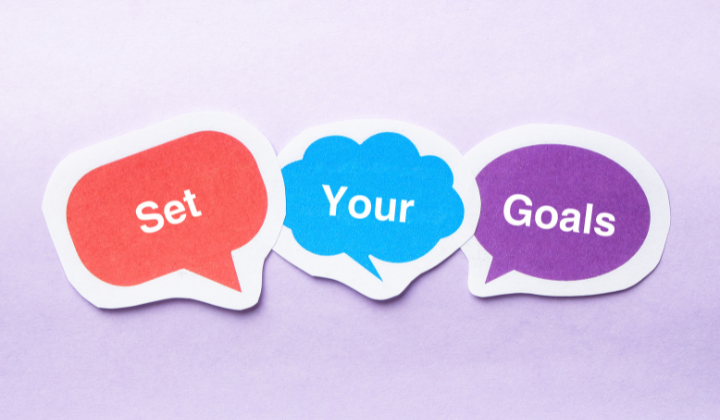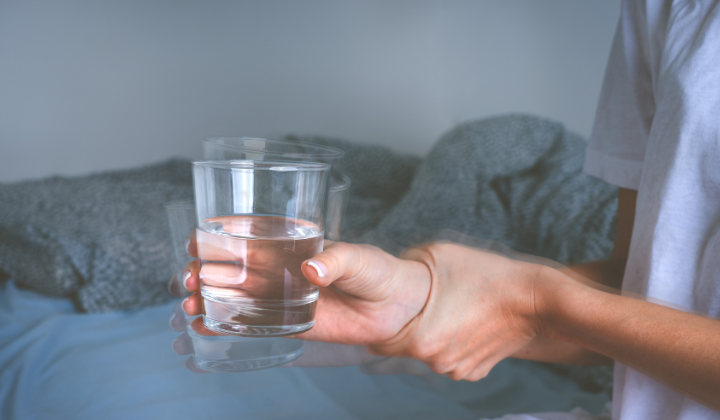Your physical & mental wellbeing

Four Happy Hormones
5th April 2021
Respite is Necessary for Carers
5th April 2021Your physical & mental wellbeing

Your physical & mental wellbeing
As humans we have strong physical and psychological needs. With the current Coronavirus (COVID-19) situation, these needs can be harder to meet.
DURING THE COVID-19 PANDEMIC, PRIORITISING MENTAL HEALTH AND WELLBEING HAS BEEN MORE IMPORTANT THAN EVER. THIS WORLD MENTAL HEALTH DAY – OCTOBER 10 – THE MESSAGE IS SIMPLE: “LOOK AFTER YOUR MENTAL HEALTH, AUSTRALIA.”
According to the Self-Determination Theory, we have three psychological needs:
- Autonomy is about feeling that you have choices and can work with your values to follow meaningful goals.
- Competence is about feeling successful and proficient in overcoming problems.
- Relatedness is about feeling connected to others.
The satisfaction of these basic psychological needs leads to greater well-being, improved health and motivation.
However, on the flip side, living in social isolation tends to undermine these key needs. Here are some tips on maintaining the health of your mind, body and soul especially during the current situation.
CONCENTRATE ON WHAT YOU CAN CONTROL AND MANAGE
Many things are outside our control. However, we can control our thoughts and emotions, and how we respond to developments.
You can do something positive for yourself, like exercise – which delivers both physical and psychological health benefits in one activity.
Alternatively, have a warm bath, cuddle your pet, read an enjoyable book, play with your children or grandchildren, do some gardening or tidy the house.
Try to focus on the now, and the positive things you can control.
ORGANISE SHARED ACTIVITIES OR OBJECTIVES FOR THE FAMILY
Maybe you and your family members are experiencing anxiety. You can respond by setting small goals for your family or partner.
Exercising together (while still practicing social distancing) is a great way to reconnect with your partner or a family member. An alternative could be to plan for the two of you to tackle a big job around the house that is physically challenging.
The whole family can reconnect through a new hobby or game, or possibly an obstacle course around your house and garden.
KEEP YOURSELF PHYSICALLY AND MENTALLY ACTIVE
Even if you cannot exercise outside the home, it is still possible to have a workout inside – even if you live in a small apartment.
Set up a regular exercise routine which suits your capabilities. There are many activities available via your computer or your smartphone including cardio workouts, stretching, mobility or even mindfulness.
There are also many other activities to be found online. Reading is an obvious mental activity. Many books are now online – along with movies, talks (podcasts) and tutorials which can help you learn anything from how to play a musical instrument to a new language.
All these activities will directly target your Parkinson’s symptoms along with maintaining your wellbeing while we are in isolation.
GUIDED RELAXATION
Take 4 minutes from you day and let Parkinson’s NSW counsellor Shushann take you on a journey of guided relaxation. Your mind, body and soul will be thankful for it.
ACKNOWLEDGE YOUR THOUGHTS AND FEELINGS
It is normal to feel anxious, annoyed and sad in situations that are beyond our control. Sometimes when we recognise our emotions and think more deeply about how we feel, it helps us to manage them.
One method is to summarise your feelings as short statements. For example: “I am sad because of the news”, “I am feeling anxious because I may lose my job”, “I am so angry because I don’t feel understood”, etc.
Stating them this way helps to externalise the stress into clearer thoughts and releases the emotional distress instead of storing it.
DEAL WITH YOUR EMOTIONS IN A HEALTHY WAY
Everyone deals with emotional distress in their own way. However, some methods do more harm than help i.e. drug use, alcohol abuse or gambling. Arguing and violence create even more problems.
When you are looking for ways to help you through tough times, look for something you enjoy doing and use them as a release.
BE ALERT FOR POSSIBLE MENTAL HEALTH ISSUES
If you are experiencing shortness of breath, inability to sleep or sleeping too much, a change in eating patterns, tightness in the chest, headaches or impulses to hurt yourself or someone else – immediately make an appointment to see your health professional.
Being open about the things that trouble you may also help someone else to know they are not alone. Family and friends can be a great support system and sharing will help externalise your emotions and feelings. The experienced Registered Parkinson’s Nurses who staff the Parkinson’s NSW Infoline can always assist. Just call: 1800 644 189.
GIVE TO OTHERS
By giving to others it makes us feel happier too. Check up on your neighbours and call your friends.
We all need more social connection, especially if we live alone. Sometimes getting in contact is very helpful and powerful for people who need some more social support. Be kind and caring.
TRY LAUGHTER YOGA
Online resources for maintaining wellbeing
- Beyond Blue has helpful tips on how to look after your mental health.
- The Australian Psychological Society has an information sheet on how to cope with anxiety.
- The World Health Organisation provides resources to help you keep mentally healthy and to reduce stress and anxiety.
- RUOK? has some tips about looking out for family members or friends who are struggling.
- Kids Helpline is a phone counselling service for children and young people.
- Wayahead Directory has a list of mental health and community services.
- Centre for Rural and Remote Mental Health for resources, information and support.
- Head to Health
www.headtohealth.gov.au - Black Dog
www.blackdoginstitute.org.au - Headspace
www.eheadspace.org.au - ReachOut
www.au.reachout.com
NEED SUPPORT
Lifeline
13 11 14 – 24 hours a day
7 days a week
Lifeline Text
0477 13 11 14 – 6pm to midnight (AEDT)
7 nights a week
Beyond Blue
1300 22 4636
www.beyondblue.org.au
Butterfly Foundation National Helpline
1800 334 673
Carer Support
1800 242 636 or 1300 554 660
SANE Australia Help Centre
1800 187 263
www.sane.org
Kids Helpline
1800 55 1800
www.kidshelpline.com.au
MensLine Australia
1300 789 978



